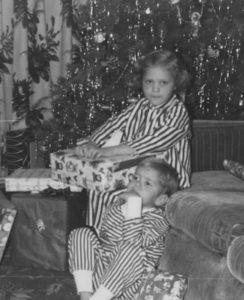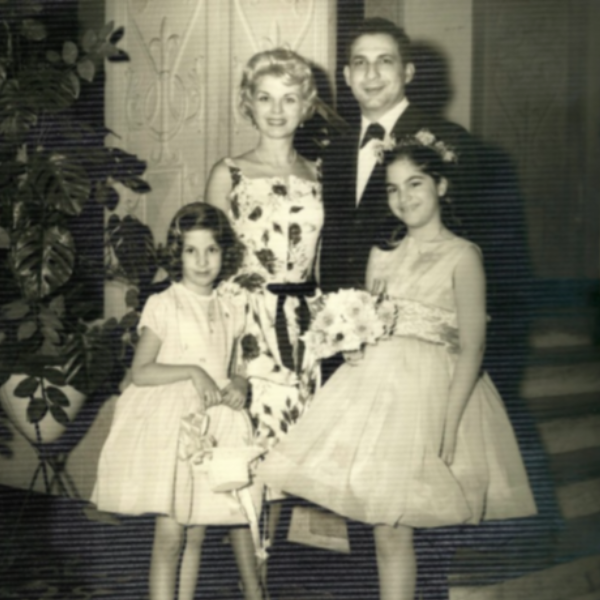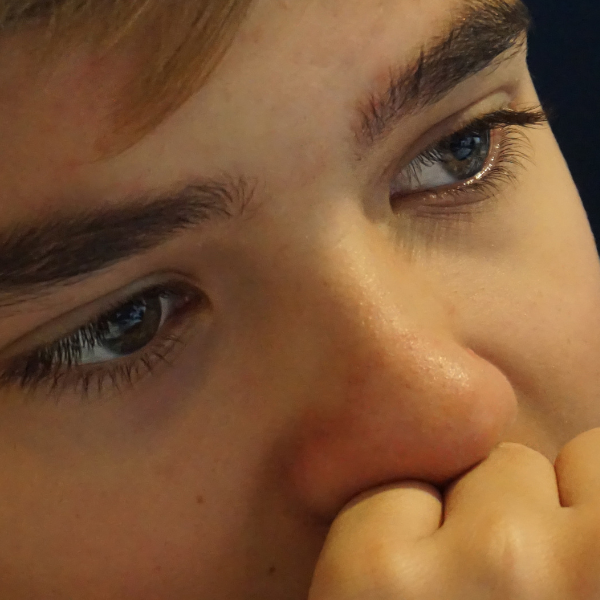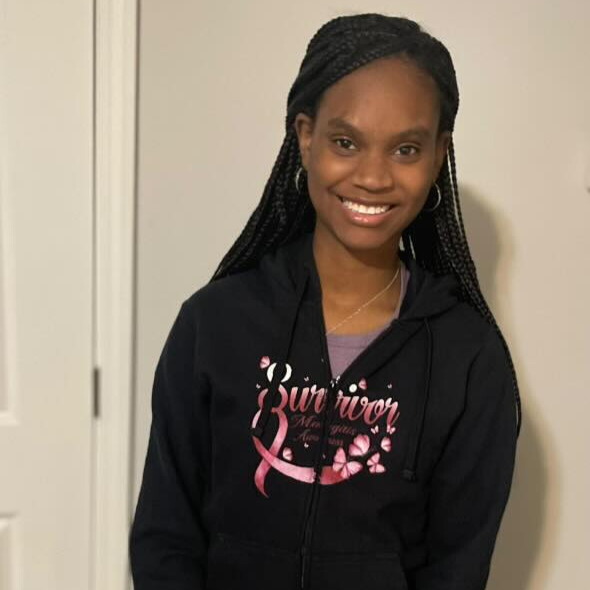“When Father Myers got up at Mass and told everyone to pray for Ben and Barbara’s daughter, MaryAnne, we thought you were never coming home again,” my sister Jan would say, wide-eyed and animated. I was MaryAnne, the subject of the prayers, but because I have my own memories of what happened that winter’s night in the early 60s, I often stayed silent whenever my mother or siblings talked about the night I almost died at age four. Still, over the years, their memories gave me perspective and even a little comfort.
 Some of my brothers and sisters would nod when Jan recalled her fear that I would never come home, because they were old enough to understand the weight of the priest’s words. They were also old enough to consider the possibility of death. Then my mother might add various interesting recollections: How the doctor at the emergency room had acted immediately; how when she had pleaded with the doctor to give me oxygen, even though he didn’t recommend it, he relented and let my mother hold a mask to my face. It was winter. The six kids had already head just about every illness imaginable. And my mother was pregnant with her seventh. And I was near death from Haemophilus influenzae type b: not the flu. Something even worse.
Some of my brothers and sisters would nod when Jan recalled her fear that I would never come home, because they were old enough to understand the weight of the priest’s words. They were also old enough to consider the possibility of death. Then my mother might add various interesting recollections: How the doctor at the emergency room had acted immediately; how when she had pleaded with the doctor to give me oxygen, even though he didn’t recommend it, he relented and let my mother hold a mask to my face. It was winter. The six kids had already head just about every illness imaginable. And my mother was pregnant with her seventh. And I was near death from Haemophilus influenzae type b: not the flu. Something even worse.
Haemophilus influenzae type b (Hib) is a bacterial infection often spread through coughing. As recently as the 1980s, invasive Hib caused about 1,000 deaths per year. Invasive Hib can also cause meningitis, skin or joint infections, and, in my case, epiglottis. With today’s vaccine, the United States sees fewer than 10 cases of invasive Hib per year.
I had to have an emergency tracheotomy, and I remember waking up in a see-through tent—at some point learning it was called an oxygen tent—and hearing the sound of ice cubes being poured into a compartment somewhere above or behind me. Nurses were rushing around doing what nurses do, but especially when my mother called, “Help! She’s turning blue!”
All I knew was that my mouth was so very, very dry. I could barely speak to ask for an ice cube.
There were two little zippers on the left wall of the oxygen tent, just big enough for me to stick my hand through to touch mother’s protruding tummy beneath the silky dress she wore under her Sunday coat when she came to visit me. Dad had to stay home with the bigger kids and my baby brother.
I survived my encounter with Hib. I learned several things. One was how to pronounce the word tracheotomy. At four, I might’ve been the only child in my neighborhood who even knew what the word meant. Mom was big on teaching children the right words for things. I also knew about bacteria, and what they could do.
“You know that night when I couldn’t breathe?” I once said to my mother.
“Yes.”
“I thought you were going to lay me down in the snow to die because I was so hot.”
My mother’s eyes filled with tears.
MaryAnne works as a medical, as well as an advertising, copywriter and is a self-declared science enthusiast with a personal interest in infectious diseases. She originally studied nursing but secondarily pursued, and holds, a journalism degree from Concordia University, Montreal, Canada.



